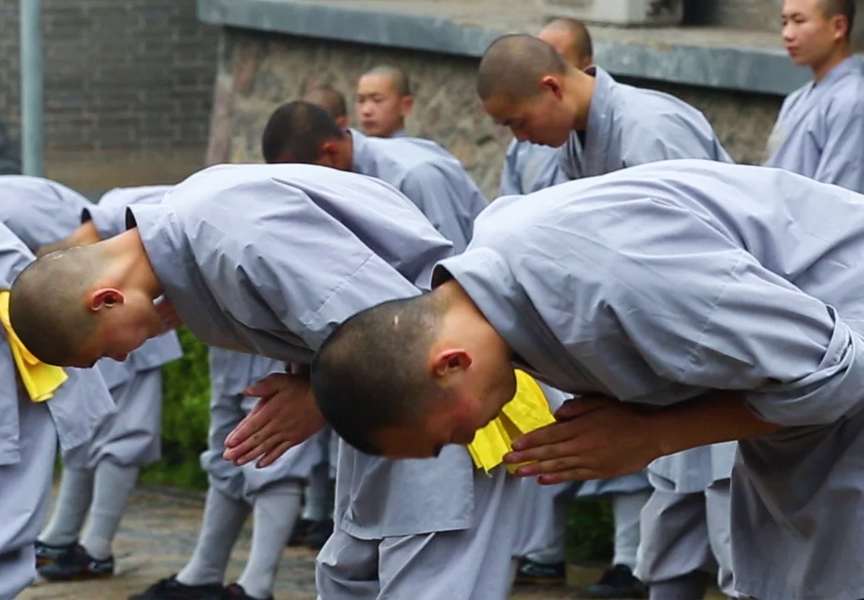Random Free Articles
- The Empty Mind
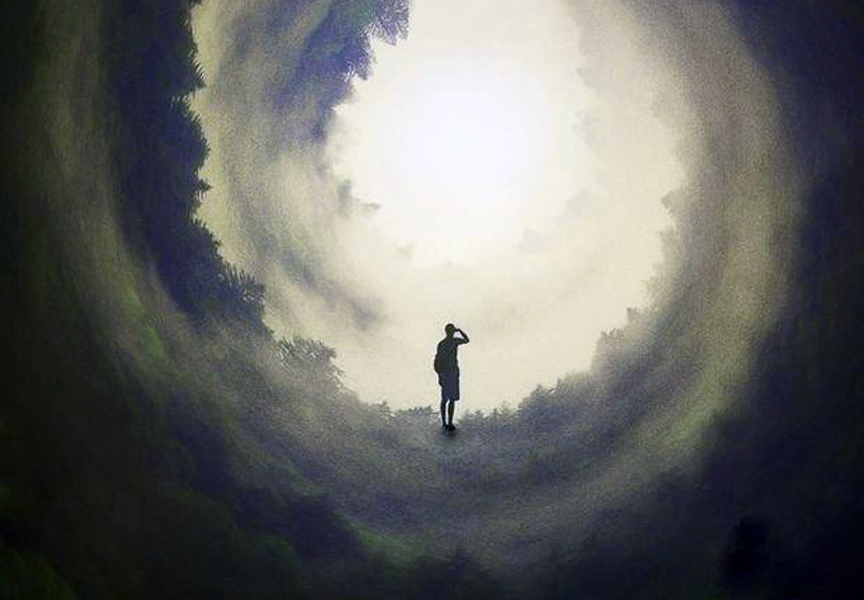
A Gateway to Mastering Shaolin Kung Fu In the ancient practice of Shaolin Kung Fu, a martial art renowned for its deep philosophical roots and powerful physical techniques, there is a fundamental principle that echoes through the centuries: the mind must be empty if one seeks to truly learn and master this art form. This concept is not merely a poetic expression, but a practical and profound aspect of Shaolin philosophy that has stood the test…
- The Changing Landscape of Kung Fu in Modern China
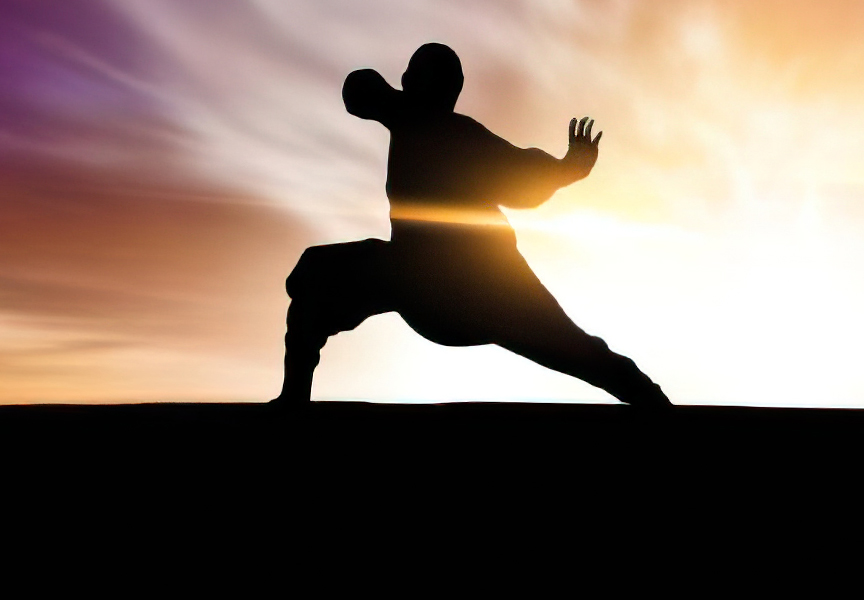
Exploring Cultural Evolution and Diversification In the realm of Chinese culture, few symbols carry as much weight and mystique as Kung Fu. For centuries, this ancient martial art has been intertwined with the very fabric of Chinese society, embodying principles of discipline, self-improvement, and tradition. However, as China hurtles forward into the 21st century, the prominence of Kung Fu is undergoing a profound transformation, reflecting…
- Every Competitor A Champion in Their Own Right
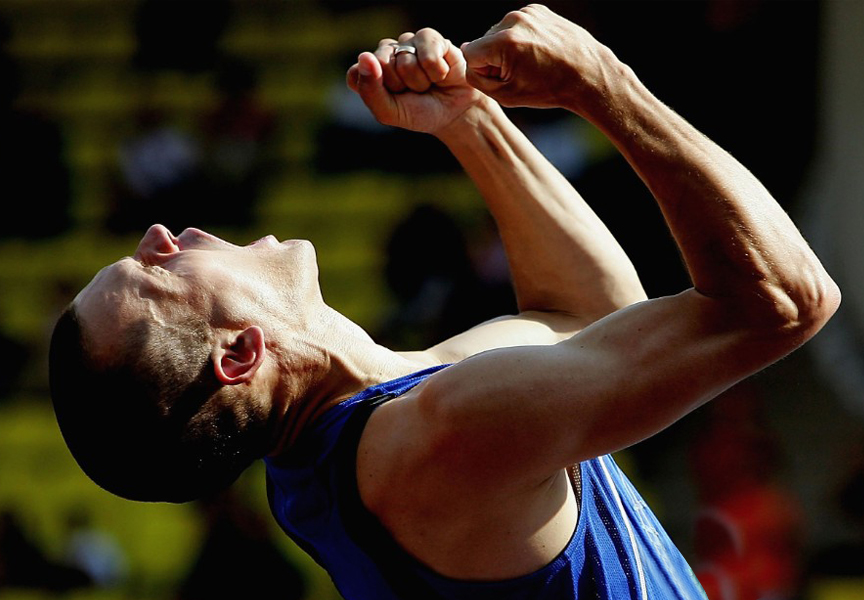
In the world of sports, competitions, and life in general, we often focus on the victors, the ones who stand atop the podium, wearing the gold, silver, and bronze medals. But let us not forget that a champion is not defined solely by their position – a champion is anyone who consistently gives their best every time they step onto the field, court, or any competitive arena. It's not just about finishing first, second, or third; it's…
- Τhe Εssence of Τayao
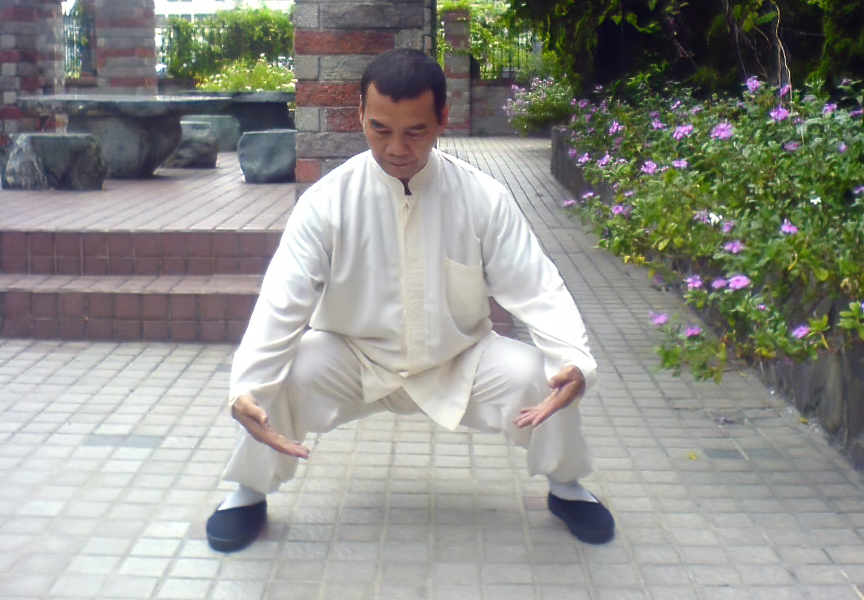
Ta Yao [Chin.: Tā yāo 塌腰], or sinking the waist, is a fundamental principle in Shaolin Rou Quan, which involves lowering the center of gravity and maintaining a flexible and rooted posture. This concept is not unique to Shaolin Rou Quan but is also essential in many other martial arts and sports. It involves dropping the waist and engaging the core muscles, creating a stable base for movement. It is this stability that provides Shaolin…
- Essence of Wude in Shaolin Martial Arts
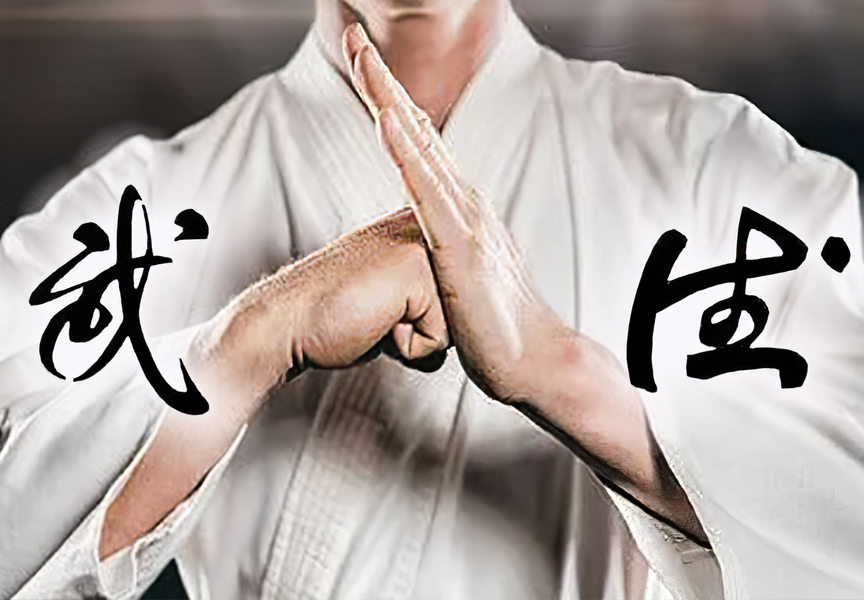
The Pillars of Martial Morality In the intricate world of Shaolin martial arts, where discipline and tradition interlace seamlessly, a profound concept known as Wude [Chin.: Wǔ dé 武德] stands as a guiding light. Wude, translating to martial morality, goes beyond the physical prowess of combat techniques, delving into the realms of character, virtue, and ethical conduct. This ancient philosophy is the heartbeat of Shaolin practitioners,…

